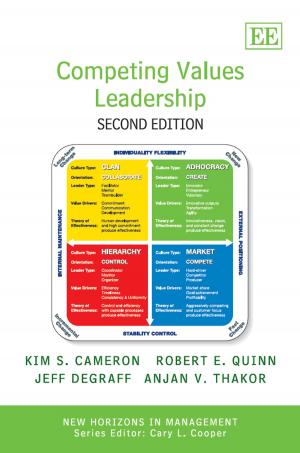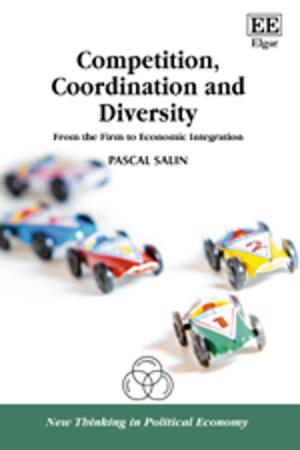The New Economics of Income Distribution
Introducing Equilibrium Concepts into a Contested Field
Nonfiction, Social & Cultural Studies, Political Science, Politics, Social Services & Welfare, Business & Finance, Economics, Macroeconomics| Author: | Friedrich L. Sell | ISBN: | 9781783472376 |
| Publisher: | Edward Elgar Publishing | Publication: | June 26, 2015 |
| Imprint: | Language: | English |
| Author: | Friedrich L. Sell |
| ISBN: | 9781783472376 |
| Publisher: | Edward Elgar Publishing |
| Publication: | June 26, 2015 |
| Imprint: | |
| Language: | English |
With the increased interest in the role of inequality in modern economies, this timely and original book explores income distribution as an equilibrium phenomenon. Though globalization tends to destroy earlier equilibria within industrialized and developing countries, new equilibria are bound to emerge. The book aims at a better understanding of the forces that create these new equilibria in income distribution and examines the concept at three distinct levels: market equilibrium, bargaining equilibrium and political economy equilibrium. In particular, the author addresses the question of how the main factor markets of labour and capital are related to income distribution.
With the increased interest in the role of inequality in modern economies, this timely and original book explores income distribution as an equilibrium phenomenon. Though globalization tends to destroy earlier equilibria within industrialized and developing countries, new equilibria are bound to emerge. The book aims at a better understanding of the forces that create these new equilibria in income distribution and examines the concept at three distinct levels: market equilibrium, bargaining equilibrium and political economy equilibrium. In particular, the author addresses the question of how the main factor markets of labour and capital are related to income distribution.















